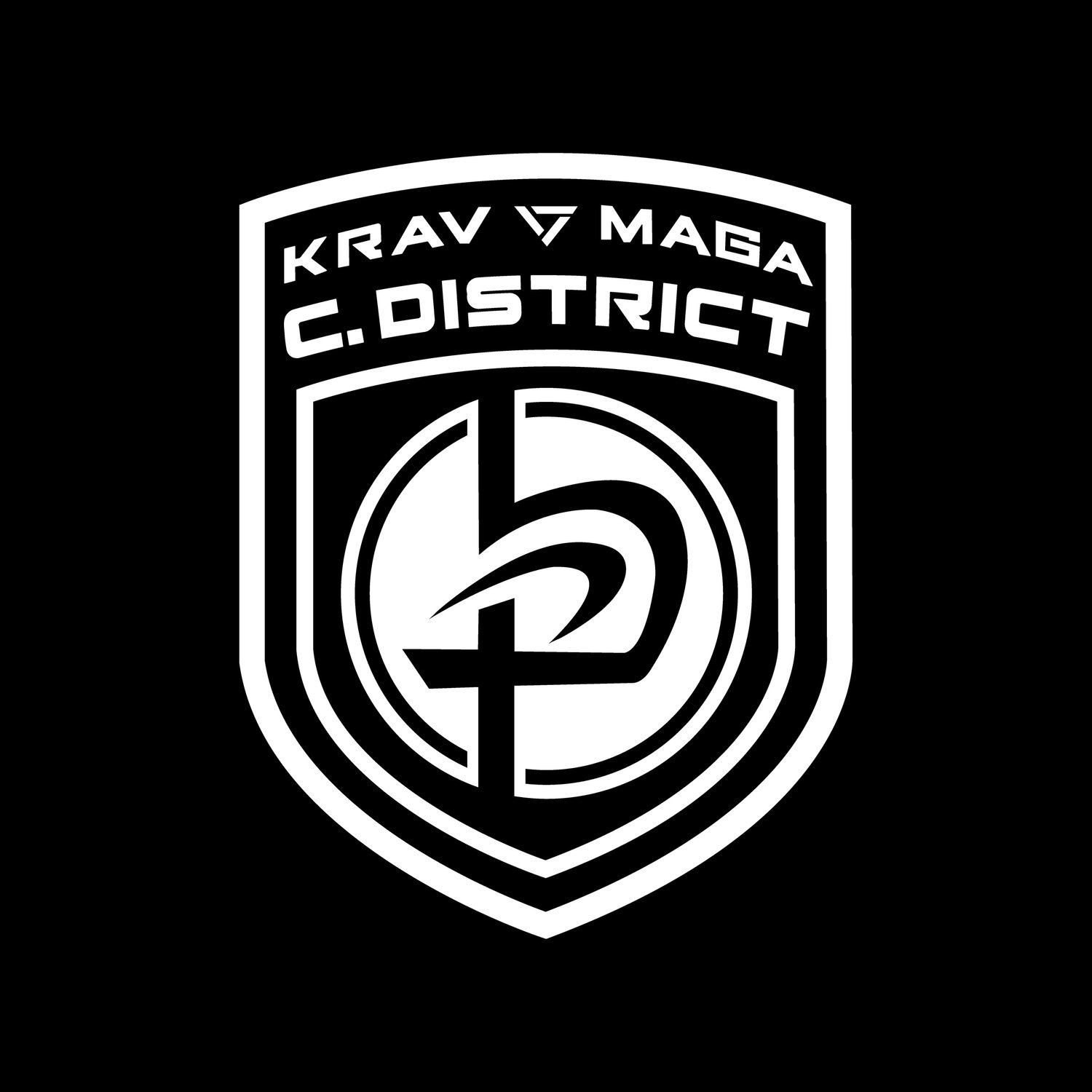When Resistance Matters Most: Why Women Should Learn Krav Maga
It’s not easy to talk about rape. It shouldn’t be. But avoiding the subject doesn’t make anyone safer, and neither does silence. Unfortunately, women live with the everyday possibility of male violence. Therefore, self-protection is not paranoia, it’s preparation.
Research consistently shows that women who resist attempted rape are significantly more likely to stop the attack. A 2016 meta-analysis published in Violence Against Women found that physical or verbal resistance reduces the odds of a completed rape by over 90 percent (Wong & Balemba, 2016). This statistic holds even when accounting for potential injuries, which are typically minor. They sustain bruises and scrapes, not broken bones. Fighting back works. Compliance does not guarantee safety.
Krav Maga is a self-protection system designed for this reality. Developed in response to the kinds of violence that do not wait for rules or fairness, Krav Maga teaches people, especially women, to trust and train their instinctive reactions. When someone grabs you, pins you, or tries to drag you, your body already reacts. Krav Maga trains those reactions into tools. Flinches become strikes. Panic becomes movement. Freezing becomes action.
This kind of training does more than sharpen physical skill. It reshapes the nervous system. Women who train in Krav Maga learn to move through fear, to breathe through chaos, and to reclaim control over their own bodies in the face of threat. A Canadian study found that a brief but focused self-defense course reduced the incidence of rape among college women by nearly half (Senn et al., 2015). The effect wasn’t psychological. It was practical.
Krav Maga won’t erase the existence of violence. But it can make the difference between surviving an assault and stopping one before it begins. And for many women, that’s reason enough to start training.

